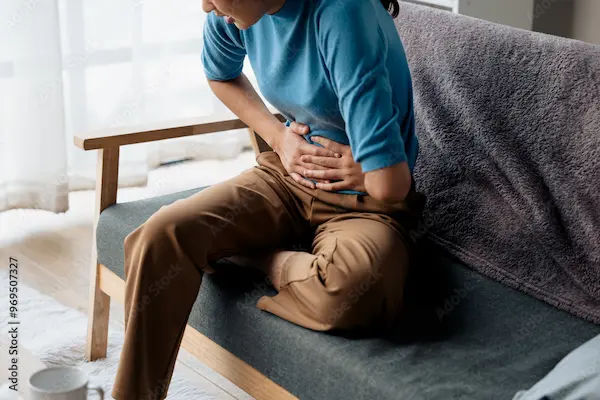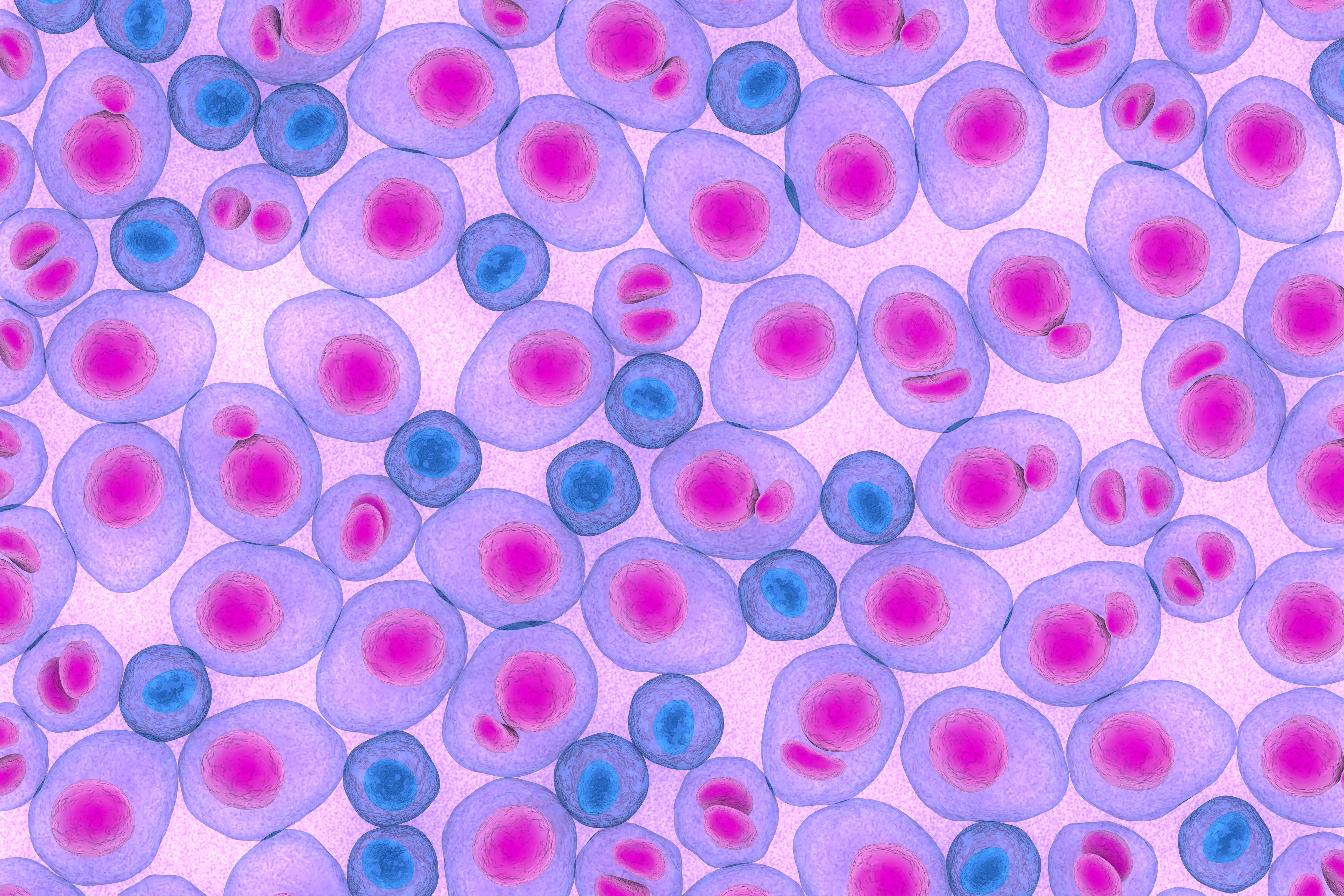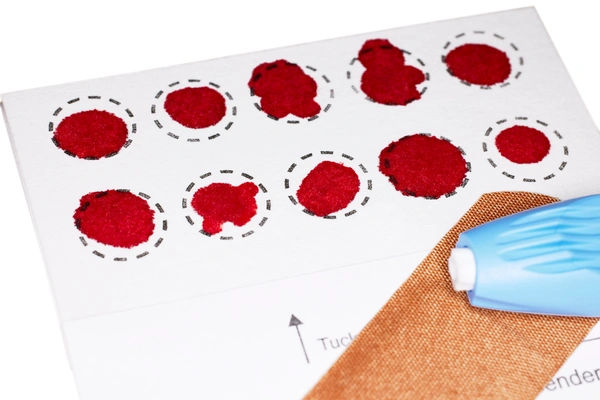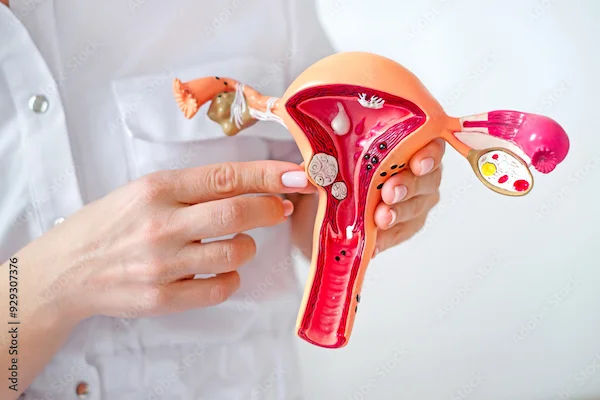Guide to Bloated Stomach
Know about the bloated stomach, what it is, and bloating versus distension, top causes, triggers, lifestyle tips, habits, prevention, diagnosis, lifestyle remedies and home remedies for the bloated stomach.

Written by Dr. Md Yusuf Shareef
Reviewed by Dr. Shaik Abdul Kalam MD (Physician)
Last updated on 13th Jan, 2026

Introduction
That uncomfortable, tight, and often painful feeling of a bloated stomach is a universal experience. Whether it strikes after a big meal or seems to be a constant, unwelcome companion, bloating can significantly impact your day-to-day life. This comprehensive guide will walk you through everything you need to know. We'll explore the common and not-so-common causes of bloating, from dietary choices to underlying health conditions. Know about home remedies for gas and bloating that can offer immediate comfort, and learn about long-term dietary strategies to prevent it from recurring. Learn when to seek a doctor's advice.
What Exactly is a Bloated Stomach?
A bloated stomach refers to the sensation of increased pressure, fullness, or tightness in the abdomen. It's often described as a feeling of having an inflated balloon in your belly. This sensation is primarily caused by a buildup of gas, air, or fluid in the gastrointestinal (GI) tract. When your digestive system struggles to break down certain foods or when you swallow excess air, it can lead to this uncomfortable buildup.
Bloating vs. Distension: Knowing the Difference
While often used interchangeably, bloating (the feeling) and distension (the physical observation) are distinct:
- Bloating: This is the subjective sensation of pressure and fullness. You feel bloated, but your stomach may not look dramatically different.
- Distension: This is the objective, visible increase in the size of your abdomen. You can physically see that your belly is
protruding.
Understanding this difference can be helpful when discussing your symptoms with a doctor, as the combination of both can point to specific underlying issues.
Consult a Gastroenterologist for Personalised Advice
Top Causes of a Bloated Stomach
Pinpointing the cause is the first step to finding relief. The triggers can range from simple everyday habits to more complex health conditions.
Dietary Triggers: The Usual Suspects
What you eat is the most common culprit behind a bloated stomach after eating. Certain foods are notorious for producing excess gas during digestion. It includes:
- High-FODMAP Foods: These are short-chain carbohydrates that are poorly absorbed in the small intestine. They
ferment in the colon, feeding gut bacteria and producing gas. Examples include beans, lentils, wheat, onions, garlic, and
certain fruits like apples and pears. - Carbonated Drinks: Sodas and sparkling water introduce carbon dioxide gas directly into your digestive system.
- Cruciferous Vegetables: Broccoli, cauliflower, and cabbage contain raffinose, a sugar that remains undigested until
fermented by gut bacteria. - Dairy Products: For those with lactose intolerance, consuming milk, cheese, or yogurt can lead to significant bloating,
gas, and diarrhoea. - Artificial Sweeteners: Sorbitol, mannitol, and xylitol, often found in sugar-free products, can cause digestive upset and bloating.
Lifestyle and Swallowing Habits
It's not just what you eat, but how you eat.
- Eating Too Quickly: Wolfing down your food causes you to swallow large amounts of air—a process called
aerophagia. - Drinking Through a Straw: This can also increase the amount of air you swallow.
- Chewing Gum: Constant chewing, especially with sugar-free gum containing sorbitol, leads to more swallowed air.
- Stress and Anxiety: Your gut and brain are intimately connected (the gut-brain axis). High stress can disrupt digestive
processes, slowing them down and leading to bloating and discomfort.
Underlying Medical Conditions
When extreme bloating is frequent and severe, it may be a symptom of a medical condition.
- Irritable Bowel Syndrome (IBS): A common disorder characterised by abdominal pain, bloating, and changes in bowel
habits (constipation, diarrhoea, or both). - Small Intestinal Bacterial Overgrowth (SIBO): This occurs when there is an abnormal increase in the number of bacteria in the small intestine, leading to excessive gas production and bloating.
- Constipation: When stool backs up in the colon, it can cause a feeling of bloating and abdominal distension.
- Food Intolerances: Beyond lactose, intolerances to gluten (non-celiac gluten sensitivity) or fructose can be to blame.
- Conditions like Celiac Disease: An autoimmune disorder where eating gluten damages the small intestine, with bloating being a key symptom.
Effective Home Remedies for Immediate Relief
When that bloated belly strikes, try these science-backed strategies to find comfort.
Quick-Acting Solutions
These include:
- Go for a Walk: Gentle physical activity like a 10-15 minute walk can stimulate the muscles in your GI tract, helping to
move trapped gas and relieve abdominal bloating and pain. - Try Abdominal Massage: Gently massaging your abdomen in a clockwise motion can help move stool and gas along
the colon. - Peppermint Tea or Oil: Peppermint is a natural antispasmodic, meaning it can relax the muscles of the digestive tract,
allowing gas to pass more easily. Peppermint oil capsules are particularly effective for IBS-related bloating. - Over-the-Counter Remedies: Simethicone (Gas-X, Phazyme) works by breaking up gas bubbles, making them easier to
pass.
Dietary Adjustments for Long-Term Management
These include:
- Identify Your Triggers: Keep a food diary for a week. Note what you eat and when you feel bloated. This is the most effective way to identify your personal trigger foods.
- Consider a Low-FODMAP Diet: This is a temporary elimination diet where you cut out high-FODMAP foods and then slowly reintroduce them to identify which ones cause symptoms. It's best to do this under the guidance of a dietitian or doctor.
- Eat Mindfully: Slow down. Chew your food thoroughly. Put your fork down between bites. This simple practice
drastically reduces the amount of air you swallow. - Stay Hydrated: Drinking plenty of water helps prevent constipation, a major cause of bloating. However, avoid gulping
large amounts during meals.
When to See a Doctor About Your Bloating
While occasional bloating is normal, persistent symptoms warrant a professional opinion. If your condition does not
improve after trying these methods, book a physical visit to a doctor with Apollo24|7 for further evaluation.
Red Flag Symptoms You Shouldn't Ignore
Consult a doctor immediately if your bloating is accompanied by:
- Unexplained Weight Loss
- Severe or Persistent Abdominal Pain
- Blood in Your Stool (bright red or black, tarry stools)
- Fever
- Vomiting or Nausea
- A significant change in the frequency or consistency of your stools lasting more than a few days
- These could be signs of a more serious underlying condition that requires medical diagnosis and treatment.
How is the Cause of Bloating Diagnosed?
If you see a doctor for chronic bloating, they will start with a detailed medical history and a physical exam. They may
ask about your diet, symptoms, and bowel habits. Based on their findings, they might recommend tests to rule out specific conditions.
Apollo24|7 offers convenient home collection for tests like lactose intolerance breath tests, celiac disease panels, or comprehensive metabolic panels to help pinpoint the issue without the need to visit a lab.
Preventing a Bloated Stomach: Proactive Tips
Prevention is always better than a cure. Incorporate these habits into your routine:
- Eat smaller, more frequent meals instead of three large ones.
- Limit known gas-producing foods, but don't eliminate entire food groups without guidance.
- Exercise regularly to keep your digestive system moving.
- Manage stress through techniques like yoga, meditation, or deep breathing exercises.
- Ensure you're getting enough fibre, but increase your intake gradually to allow your gut to adjust.
Conclusion
Dealing with a bloated stomach can be frustrating, but it's often manageable with the right knowledge and strategies. By understanding the common causes from the foods you eat to the way you eat them, you can take proactive steps toward relief. Start by incorporating the home remedies and dietary adjustments discussed here. Listen to your body and keep a log of what works for you. Pay close attention to your body's signals. If your bloating is severe, persistent, or accompanied by any worrying symptoms, seeking professional help is essential.
Consult a Gastroenterologist for Personalised Advice
Consult a Gastroenterologist for Personalised Advice

Dr. Aakash Garg
Gastroenterology/gi Medicine Specialist
12 Years • MBBS, DNB (Medicine), DrNB (Gastroentrology).
Bilaspur
Apollo Hospitals Seepat Road, Bilaspur
(150+ Patients)

Dr Piyush Vishwakarma
Gastroenterology/gi Medicine Specialist
11 Years • MBBS, MD, DrNB,
Delhi
Apollo Hospitals Indraprastha, Delhi

Dr. Amit Pandita
Gastroenterology/gi Medicine Specialist
10 Years • MBBS. MD (INTERNAL MEDICINE) DrNB (GASTROENTEROLOGY AND HEPATOLOGY)
Delhi
Apollo Hospitals Indraprastha, Delhi

Dr Bhargav Vuppumalla
General Physician/ Internal Medicine Specialist
5 Years • MBBS MD GENERAL MEDICINE
Bengaluru
Apollo Medical Center, Marathahalli, Bengaluru

Dr. Shivaraj Afzalpurkar
Gastroenterology/gi Medicine Specialist
13 Years • MBBS, MD General medicine (Gold medalist), DrNB (Gastroenterology), MNAMS
Bengaluru
Apollo Clinic, JP nagar, Bengaluru
Consult a Gastroenterologist for Personalised Advice

Dr. Aakash Garg
Gastroenterology/gi Medicine Specialist
12 Years • MBBS, DNB (Medicine), DrNB (Gastroentrology).
Bilaspur
Apollo Hospitals Seepat Road, Bilaspur
(150+ Patients)

Dr Piyush Vishwakarma
Gastroenterology/gi Medicine Specialist
11 Years • MBBS, MD, DrNB,
Delhi
Apollo Hospitals Indraprastha, Delhi

Dr. Amit Pandita
Gastroenterology/gi Medicine Specialist
10 Years • MBBS. MD (INTERNAL MEDICINE) DrNB (GASTROENTEROLOGY AND HEPATOLOGY)
Delhi
Apollo Hospitals Indraprastha, Delhi

Dr Bhargav Vuppumalla
General Physician/ Internal Medicine Specialist
5 Years • MBBS MD GENERAL MEDICINE
Bengaluru
Apollo Medical Center, Marathahalli, Bengaluru

Dr. Shivaraj Afzalpurkar
Gastroenterology/gi Medicine Specialist
13 Years • MBBS, MD General medicine (Gold medalist), DrNB (Gastroenterology), MNAMS
Bengaluru
Apollo Clinic, JP nagar, Bengaluru
More articles from General Medical Consultation
Frequently Asked Questions
1. Why am I always bloated, even when I don't eat?
Constant bloating can be a sign of an underlying condition like SIBO, IBS, or chronic constipation. It could also be related to fluid retention or a slow digestive system. If you're always bloated, it's important to consult a doctor for a proper diagnosis.
2. What are the best foods that reduce bloating?
Foods like cucumber, bananas, papaya, pineapple, ginger, asparagus, and fermented foods like yoghurt (if you're not lactose intolerant) can help reduce bloating due to their water content, potassium, or digestive enzymes.
3. What is the difference between bloating and weight gain?
Bloating is a temporary fluctuation caused by gas, air, or fluid, making your stomach feel tight and hard. Weight gain is a gradual increase in body mass due to fat, muscle, or bone gain and is not typically accompanied by the same acute discomfort or daily fluctuation.
4. How can I get rid of a bloated belly overnight?
Try drinking peppermint tea, avoid eating large meals close to bedtime, sleep on your left side to aid digestion, and ensure you're well-hydrated throughout the day. These steps can help minimise morning bloating.
5. Can dehydration cause bloating?
Yes, paradoxically, dehydration can lead to bloating. When you're dehydrated, your body holds onto excess water to prevent its levels from dropping further, which can result in bloating. Dehydration can also slow digestion, leading to constipation and bloating.




